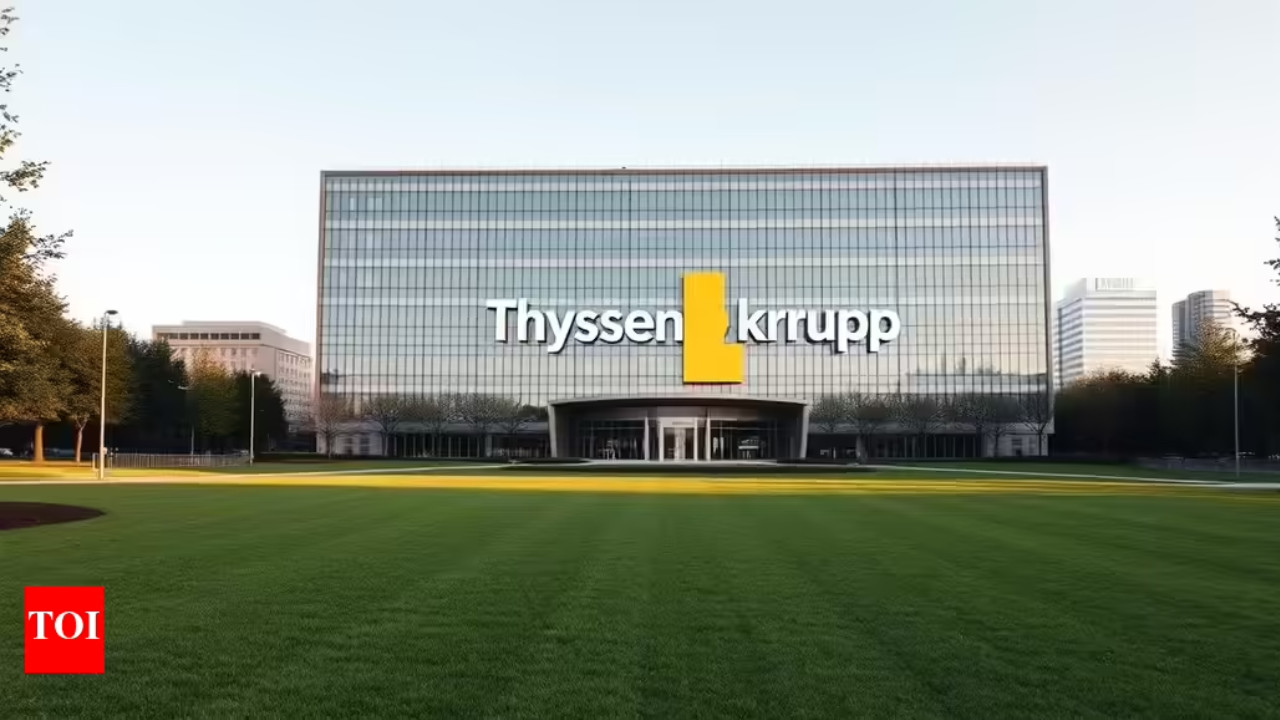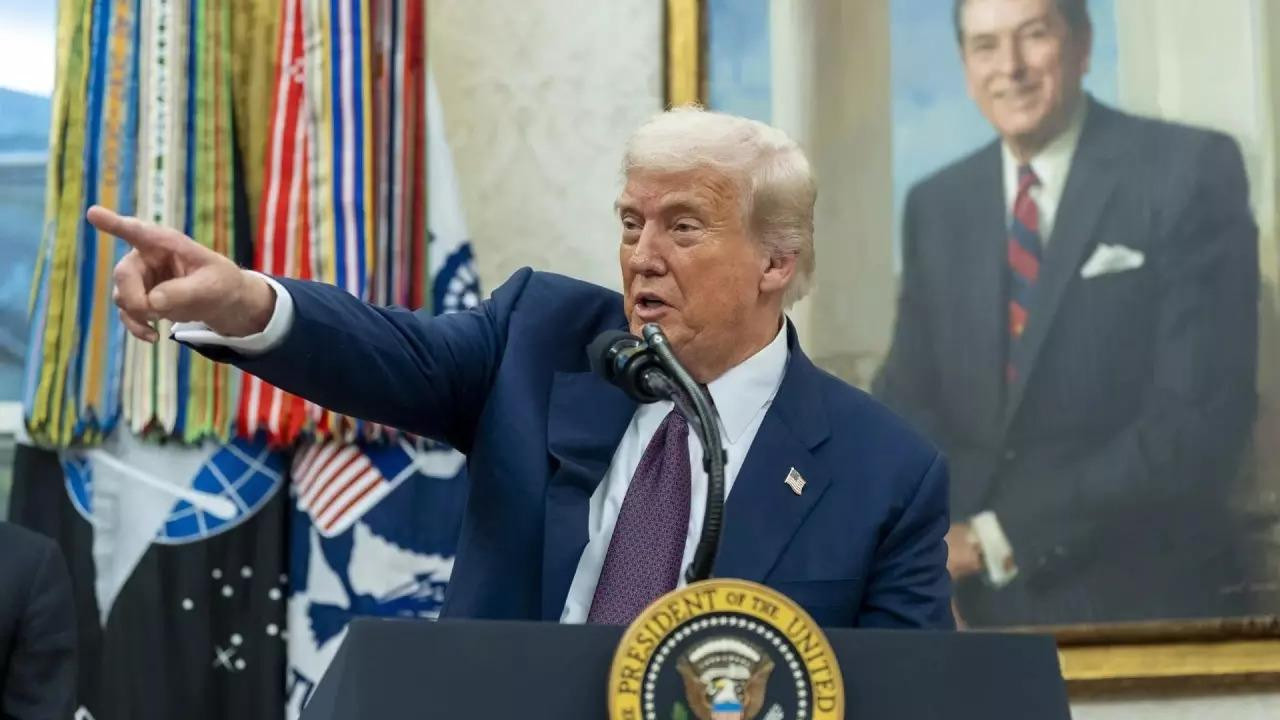Jindal Steel International has made a non-binding offer to acquire Thyssenkrupp’s struggling steel division, potentially reshaping the European steel market. Thyssenkrupp is carefully reviewing the proposal, considering implications for jobs, as it seeks to offload the steel business. Jindal aims to transform Thyssenkrupp into a leading low-emission steel producer, aligning with the German company’s green steel ambitions.
The Winds of Change Blow Through German Steel: Could Jindal Steer Thyssenkrupp Towards a Greener Future?
The iconic silhouette of Thyssenkrupp’s steel mills has long been a fixture in the German industrial landscape. But these are turbulent times for steel giants, and even the most established players are facing the need to adapt, innovate, and sometimes, even consider a change of hands. The latest chapter in this evolving story involves a potential suitor from across the globe: Jindal Steel and Power.
For months, whispers have circulated about the future of Thyssenkrupp’s steel division. The German conglomerate, a sprawling entity with interests ranging from elevators to submarines, has been exploring options to revitalize its steel business, which has struggled to maintain profitability amidst rising energy costs, global competition, and the ever-pressing need to decarbonize. Now, Jindal Steel has thrown its hat into the ring, submitting a bid that could potentially reshape the future of this industrial stalwart.
What makes this offer particularly intriguing is the backdrop against which it unfolds. Thyssenkrupp is not just looking for any buyer; they’re seeking a partner who can help them navigate the complex transition towards green steel production. The pressure is on to reduce carbon emissions drastically, and the steel industry, a significant contributor to global greenhouse gases, is squarely in the spotlight.
This focus on sustainability has narrowed the field of potential buyers. Any serious contender must demonstrate not only financial strength but also a clear vision and a robust plan for decarbonizing steelmaking processes. This involves investing in new technologies, exploring alternative fuels like hydrogen, and fundamentally rethinking traditional production methods.

Jindal’s Vision for a Greener Thyssenkrupp
While details of Jindal’s bid remain confidential, the fact that they’ve entered the fray suggests a strong belief in their ability to meet Thyssenkrupp’s criteria, especially regarding this green transformation. Jindal Steel has been making strides in adopting more sustainable practices, and they likely see this acquisition as an opportunity to scale those efforts and position themselves as a leader in the evolving steel market.
The German government is also keenly observing the situation. The steel industry is a vital part of the country’s economy and employs a significant workforce. Any sale will be scrutinized to ensure that it safeguards jobs, supports the transition to green steel, and preserves Germany’s industrial competitiveness.
Beyond Jindal: Other Players and Possibilities
Jindal isn’t the only one eyeing Thyssenkrupp’s steel assets. Other companies, including financial investors and potentially even other steel manufacturers, are reportedly considering making offers. This competitive landscape could drive up the price and potentially lead to a more favorable outcome for Thyssenkrupp.
One scenario that has been discussed is a potential spin-off or partial sale of the steel division. This would allow Thyssenkrupp to retain some control while bringing in external capital and expertise to accelerate the green transition. However, a full sale to a strategic player like Jindal might offer a more comprehensive solution, providing the necessary resources and vision to transform the business from the ground up.
A Fork in the Road: The Future of Thyssenkrupp’s Steel
The coming weeks will be crucial in determining the future of Thyssenkrupp’s steel division. The company is currently evaluating the various bids and proposals, weighing the financial offers against the strategic visions presented. The decision will have far-reaching implications, not only for Thyssenkrupp and its employees but also for the broader German steel industry and the country’s efforts to combat climate change.
This isn’t just about a change of ownership; it’s about a fundamental shift in how steel is produced. As the world demands more sustainable products, the steel industry must adapt or risk becoming obsolete. The potential acquisition of Thyssenkrupp’s steel unit by Jindal Steel, or another forward-thinking entity, could be a pivotal step towards a greener, more sustainable future for this vital industry. This also connects to broader discussions about investments in infrastructure that enable green industrial practices. We recently covered similar trends in another article on [sustainable infrastructure investments](internal-link-to-related-article-goes-here). Ultimately, the story underscores the interplay of economic realities and ecological imperatives that now shape the global industrial landscape.







